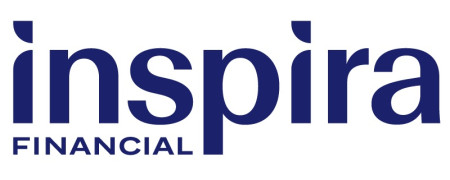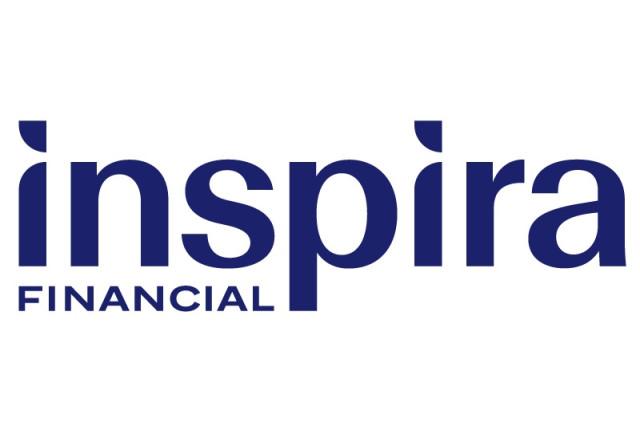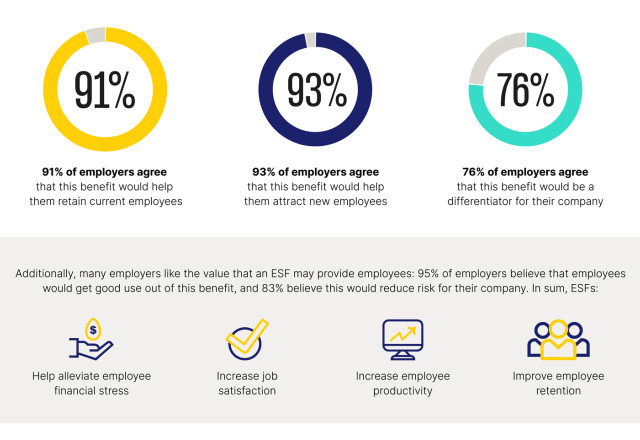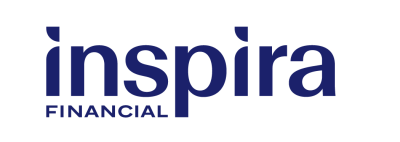Inspira Financial Report Finds 81% of Employers Have Positive ROI With Emergency Savings Benefit

OAK BROOK, Ill., February 15, 2024 (Newswire.com) - Inspira Financial, a leading provider of health, wealth, retirement, and benefits solutions, recently released, “Emergency Savings Funds: Employers’ newest financial well-being tool,” a report exploring employer attitudes and offerings relative to emergency savings funds (ESFs). The research indicates that ESFs may help alleviate employee financial stress, increase job satisfaction, boost employee productivity, and increase retention, and that 81% of employers offering ESFs have seen a positive return on their investment. The report is the first of a two-part series by Inspira Financial on ESFs and is based on observations from a recent survey of 200 HR benefits managers.
Many American workers have recently faced a challenging economic environment that has depleted their savings. According to the report, 56% of employees are stressed about their financial future, and 80% of employers agreed that employees’ financial issues impede their job performance.
While many organizations offer ways to support employees during times of hardship like emergency leave, flexible working hours, and hardship withdrawals from retirement accounts, these reactive benefits can only be used after a situation arises and do little to mitigate the impact of emergencies on employee wellbeing and productivity.
Given its simplicity and ease of implementation, the ESF benefit is gaining traction. The supplemental solution offered by employers allows automatic contributions to be taken from paychecks, intended to encourage workers to set aside money for unexpected financial emergencies. Employers can also assist their workers by further incentivizing participation through sign-up bonuses, contribution matching, and milestone bonuses.
“ESFs are a natural next step for employers that seek to improve employee wellbeing and increase productivity,” said Bryan Levy, Inspira’s managing director of strategy. “It’s a simple proactive benefits solution that is both easy to understand and effortless to implement. Most importantly, employers may alleviate employee financial hardships, rather than just accommodate them after a situation arises.”
Strong interest in ESFs
While ESFs are a relatively new offering, Inspira’s survey indicates enthusiasm among employers. Ninety-three percent of employers surveyed who do not currently offer ESFs overwhelmingly agreed that the solution would help them attract employees, 91% believe ESFs will help retain employees, and 76% agreed that this benefit would be a differentiator for their company.
Additionally, many employers like the value that an ESF may provide their employees, with 95% of employers surveyed believing that employees would get good use out of the benefit. The inherent advantages of providing employees with emergency financial support make ESFs a natural next step for employers who are looking to boost their benefits offerings. The survey revealed that 77% of employers who do not offer ESFs view the account as being better than their current similar benefit offerings, while 40% said they are considering offering an ESF soon.
Employers and employees benefit from ESFs
The report also highlights the significant impact ESFs have had on businesses and employees. When asked about the account’s effectiveness in the Inspira survey, 91% of employers who have offered ESFs said the benefit has addressed employee concerns well. Eighty-six percent of employers offering an ESF claim it has been extremely helpful for addressing workers’ specific concerns around future financial hardships and 76% would recommend the benefit to other companies.
Of the employer respondents already offering an ESF, employee enrollment rates average 56% and the funds have been used to cover expenses like family and medical emergencies (71%), car repairs (57%), childcare emergencies (52%), and home repairs (52%).
“This research helps illuminate that ESF accounts are being used for financial emergencies that may otherwise be paid for through high-interest credit cards, payday loans, 401(k) loans, or other less optimal sources of capital,” Levy says. “Integrating a benefit that is easy to implement and use, and one that serves a critical role in addressing short- and long-term financial wellness are reasons we believe ESFs will be more widely adopted in the future. Integrating a forward-looking benefits solution, such as an ESF, is a simple way to plug that gap and, as a result, we believe will be widely adopted soon.”
Read the full ESF report here.
About Inspira Financial
Inspira Financial provides health, wealth, retirement, and benefits solutions that strengthen and simplify the health and wealth journey. With more than 7 million clients holding over $62 billion in assets under custody, Inspira works with thousands of employers, plan sponsors, recordkeepers, TPAs, and other institutional partners — helping the people they care about plan, save, and invest for a brighter future. Inspira relentlessly pursues better outcomes for all with our automatic rollover services, health savings accounts, custody services, and more. Learn more at inspirafinancial.com.
Source: Inspira Financial


